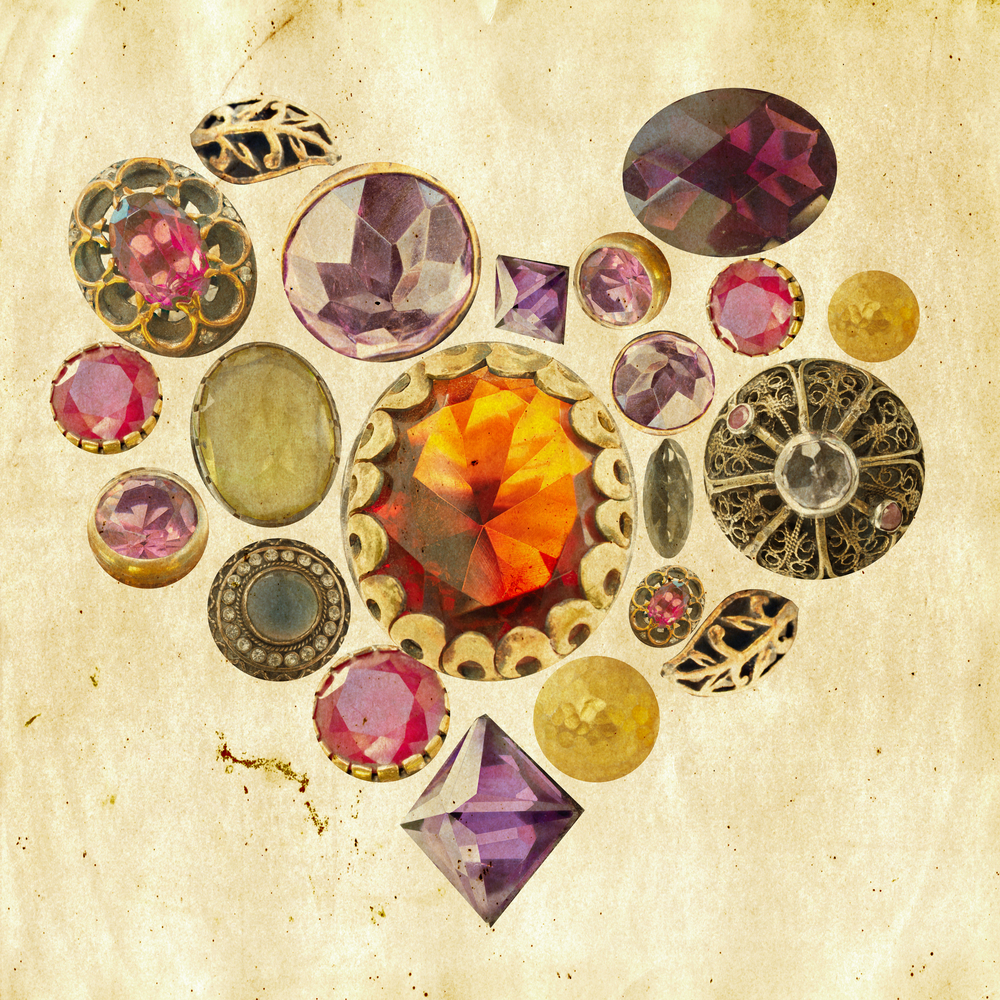If there’s one thing a flea market can make you, it’s to see one man’s trash as another man’s treasure. It’s a venue for finding tons of stuff that can be either truly useless or definitely useful. When it’s your first visit to a flea market you will think of it as a shabby marketplace, a venue for piling people’s rubbish. But when you buy an item for a small cost that your friends’ mistake for something that’s really expensive, you will realize how trips to flea markets can save you money.
But it’s more than that: you can also earn money by reselling the stuff you buy in flea markets, especially if you have a good eye. Contrary to popular belief, flea markets are not just for cheapskates: they’re also for the budding entrepreneur! You’d only need three things: capital, patience and sales talk. Capital is for buying your first merchandise; patience is the unusual length of time spent getting your hands dirty and finding the good buys; and sales talk for bargaining and eventually, for befriending people.
In a flea market, all kinds of merchandise are either spread out or heaped in such a way that they might look like cheap. For the first-timers, it might be an awful thing to look at, but once you’ve dug your way through the heaps of “rubbish” and find something extraordinary, you’ll know that these items though cheap can actually be sold for a pretty penny. A number of TV shows like “American Pickers” and “Pawn Stars” are actually about this kind of business: buying and re-selling old stuff.
But how can we define something we will be re-selling as a “good find”? There’s no such thing as a born genius in finding things – you just have to know how to appraise the value of each object you find. Here are some tips on how to have a good eye when it comes appraising things:
- Get up close and personal. It doesn’t mean you have to inspect each and every object you see, but if your instinct tells you to look at something closely—maybe an old wristwatch, or a miniature Chevrolet—examine closely. Furniture can look vintage at first, but try giving it a good knock. If the wood sounds hollow, it probably is cheap and made of particleboard.
- Know your history. It’s important to know the “provenance” of what you’re buying, and to get a full context you must have a good background, most of which come from history. It always pays to have knowledge about something you’ll pay money for, and something you will be selling later.
- Be skeptical. It might be something counterintuitive to actually suggest this, when what we should have as a tip for you is to ask questions all the time. But beware! Sometimes the dealer himself can trick you with unreliable information. With today’s vintage fad, some people can sell you fake vintage stuff—rehashed and repackaged furniture or wristwatches that upon first glance might look fairly reasonable for its price. Knowing a bit about history would mean well in this buy-and-sell business.
- Pull some strings. Bringing in some help and calling some friends is more than enough in appraising objects. If by chance you have a friend who also is an art collector, it will be a big advantage to you—but someone who’s just really passionate about something (maybe art, maybe auto parts) is a plus point as well! Also, Googling the right keywords will go a long way to help you in ruling out the gems from the junk. For CDs and other electronic merchandise, a CD player or a laptop will do to test if those musty old records are still working, or in their terms, “in mint condition”. Some websites can actually help you out in naming a price estimate just by entering information about the CD, for example, or an old gadget.
- Be friendly. This is where your communication skills would come into play. It would be a huge advantage for you to form relationships with sellers who specialize in your favorite stuff. They might help you pull some strings and access the best stuff, or at least help you out in accessing technical information.
Remember to build good rapport, read a lot of things about what you’re buying and selling, and you’ll eventually develop a good eye for appraising objects at a flea market. Soon you’ll be on your way to having a good business with reasonable prices.

